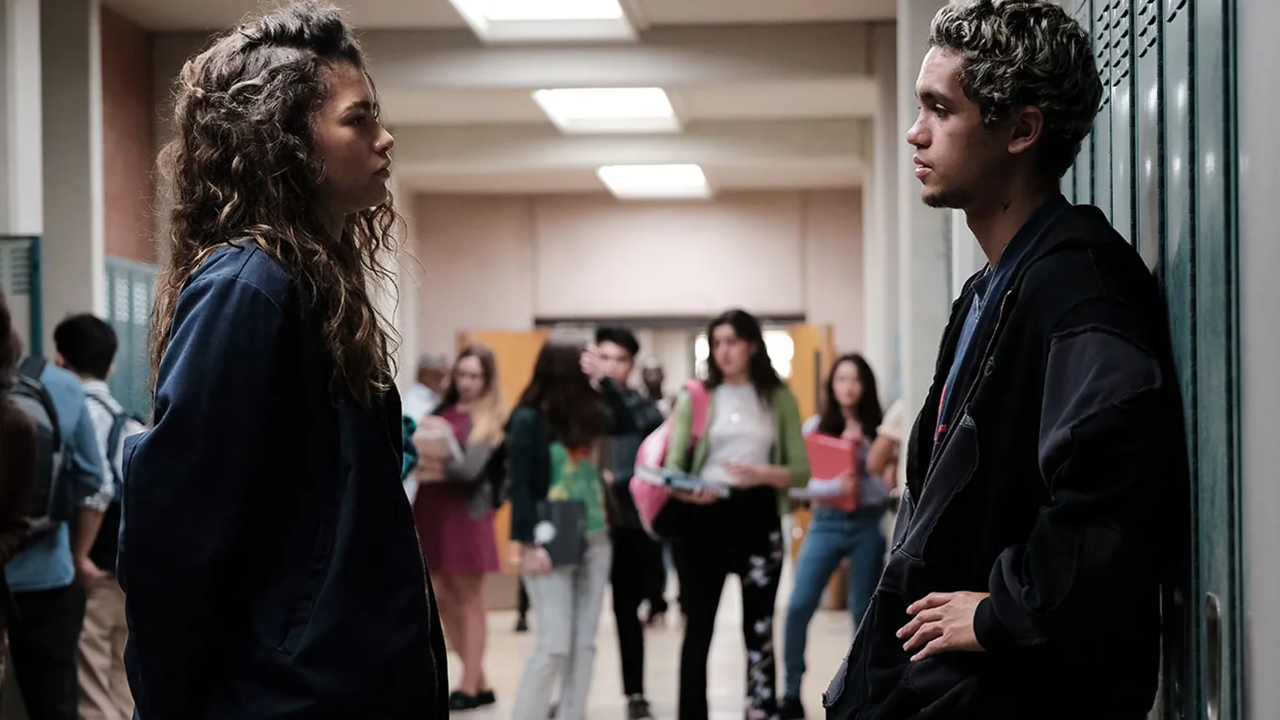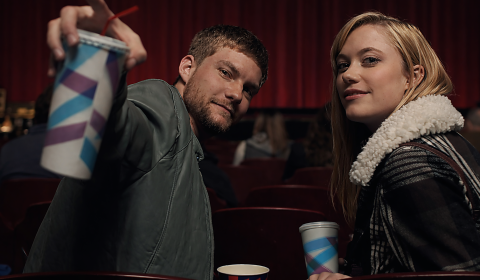It’s been five years since Euphoria first dazzled, shocked, and terrified us with its glitter-laden, trauma-soaked tales of teenage nihilism.
The show became a cultural phenomenon, thanks in part to Zendaya’s searing performance and Sam Levinson’s high-octane vision of Gen Z chaos. But as the third season remains delayed by the pandemic, strikes, and the tragic death of fan-favourite Angus Cloud, the question lingers: does anyone actually need it anymore?
What once felt bold and transgressive now seems like a relic from a darker, grimmer time. In 2019, Euphoria spoke to a generation in existential crisis, capturing a rawness that felt real. But today, as we navigate a post-pandemic world that already weighs heavily on everyone, we’re gravitating toward content that feels gentler, more emotionally honest, and crucially, less obsessed with trauma.
Take Heartstopper, a show that’s become a cultural beacon for young people, particularly within the queer community. Heartstopper doesn’t rely on shock-value or hyper-stylized depictions of suffering to feel authentic. Instead, it gives us moments of joy, tenderness, and the awkwardness of adolescence — emotions that don’t need a glitter-bomb of angst to feel powerful.
Speaking on the show’s latest season, in which lead characters Nick and Charlie have sex for the first time, Variety said, Heartstopper ‘removes the reactionary taboos surrounding queer teen sex and instead presents how it should be: a pleasurable and thrilling human experience.’
This captures something Euphoria couldn’t — the possibility of vulnerability without violence. That’s the shift we’re witnessing in youth-oriented media: moving away from trauma as spectacle, and toward something kinder, more reflective of how young people want to see themselves.
It’s not that Euphoria failed to represent real struggles — the battles with addiction, mental illness, and fractured relationships have resonated with many. But somewhere along the way, it crossed into dangerous territory, glorifying the very pain it sought to critique.
Has watching the show impacted your mental health?
byu/DogAdministrative262 ineuphoria
Relentless trauma became somewhat of a brand for the show, blurring the line between representation and exploitation. A story about the brutal reality of growing up started to feel like a spectacle of destruction –– trauma served up in glitter and neon.
At its height, Euphoria was synonymous with controversy. There were constant murmurs of on-set tension, critiques of its over-sexualization of young female characters, and accusations that Levinson’s vision often leaned into excess for the sake of provocation.



















